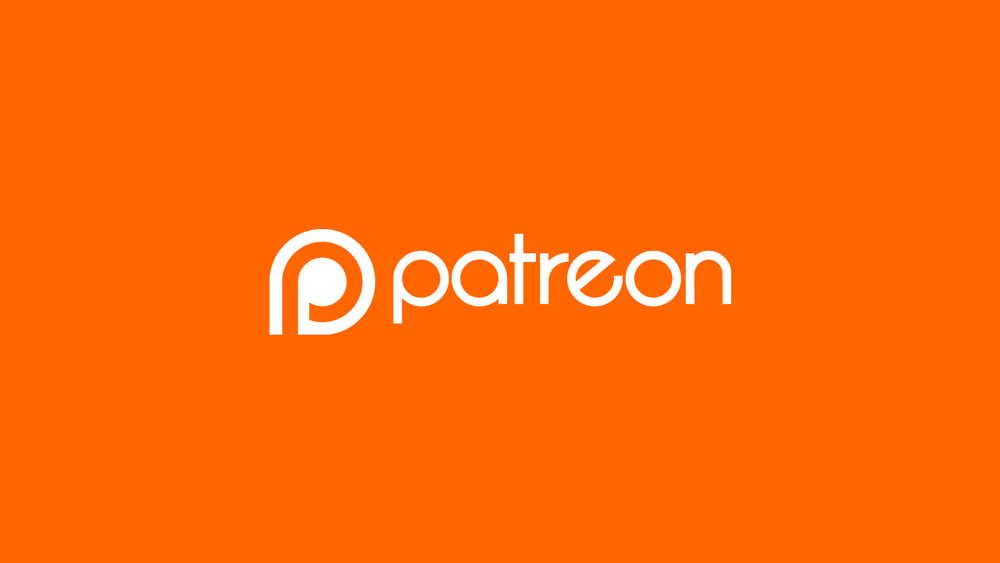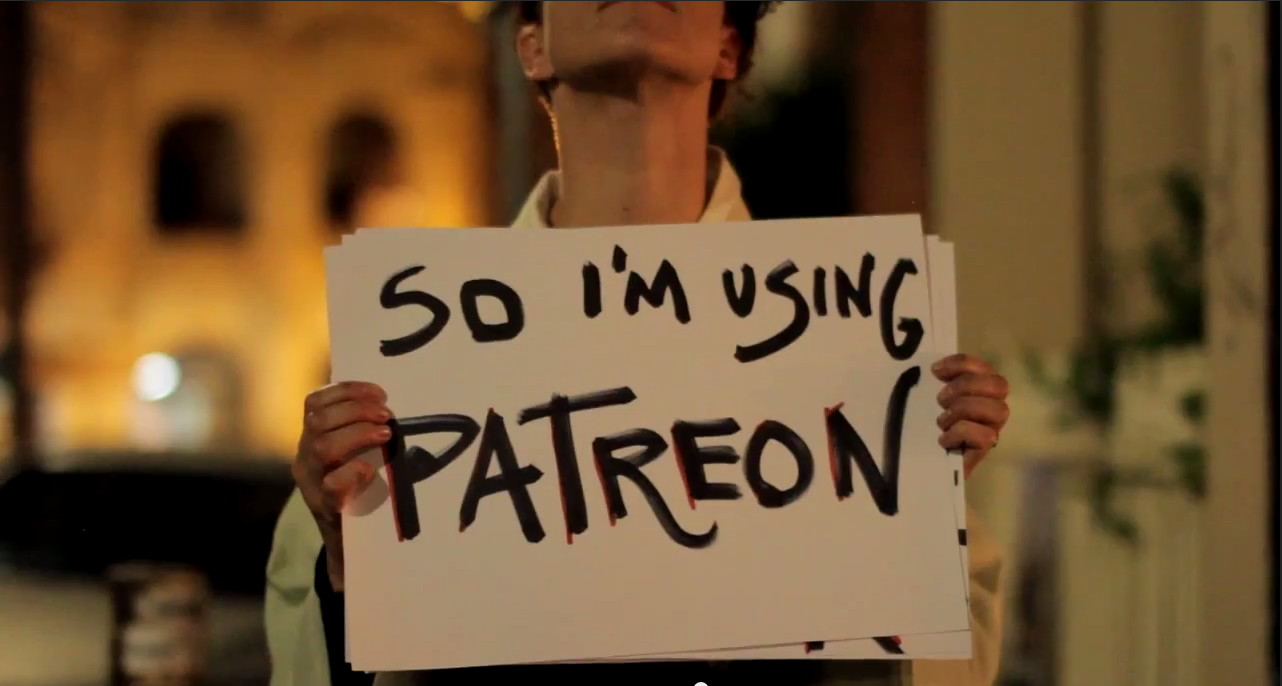Everyone who has watched a video on Youtube in the past year or three has probably heard of Patreon. Tons of Youtubers use the service, and since its inception in 2013, it has become the go-to platform for content creators to raise funds so that they can continue to, well, create content.
So if you only know Patreon from bumpers at the end of videos asking for support, it’s worth taking time to learn what the service actually is, since it’s allowing your favorite Youtubers to create more videos.
And, well, eat.
Patreon In A Nutshell
While Patreon is, technically, a crowdfunding service, it’s incredibly different from Kickstarter or Indiegogo. The central idea is that by donating on Patreon, fans literally become art patrons and donate a set amount either monthly or whenever the artist finishes a new project.
Obviously, the donation amount can be whatever the user chooses, but most artists offer perks as a way to encourage users to donate more. In most cases, these perks include the ability to make a cameo in an upcoming video, exclusive art or content, or free music downloads. Most interesting, however, is the fact that many Patreon users allow people who donate to them to literally commission work depending on their donation level. In this way, fans can put their money where their mouth is and influence the direction of a YouTube channel they love in a very concrete way.
The great thing about this for artists is that this kind of consistent cash flow helps them a lot more than a single lump sum would. Specifically for YouTubers that focus on video games, this really helps defray production costs, and can help ensure that, even if the YouTuber in question isn’t able to make a living simply making videos, they’re at least breaking even.
Case Study: Slimecicle
Like many YouTubers out there, Slimecicle recently made the decision to give Patreon a try to help him with the costs related to buying games and making videos about them.
Luckily, Slimecicle was able to take some time away from creating Super Spam Bros. videos and playing PC games with voice commands to give us his thoughts on Patreon, and provide us with a firsthand account of how it has helped him grow his channel.
Though the video above takes a tongue-in-cheek approach, Slimecicle says that his fans understand why he’s using Patreon, and have generally been supportive of the decision. The reasoning here is that the service really puts pressure on the creator to make content worthy of the donations people make. He said:
“I don’t think I’ve had a single fan tell me Patreon was a bad idea. Even people that aren’t supporting on the site seem to support the decision, so that helps. The only time I would feel negative about the service is if I put out content that I didn’t think was worth their support, but I’ve never had that happen, since all of my videos are perfect and I’m a YouTube celebrity and all. […] I’d say only use Patreon if you’re confident in your own content.
He also has seen the service bring his fans closer as well. Slimecicle offers perks on his Patreon that allow people who donate $1 or more per video to actually record with him. His fans have been involved directly in his videos, and his channel has improved because of it:
Yes, it’s definitely brought me closer to fans. I actually know all of the patron names because I have to type them out every video. And aside from that, I’ve recorded with a large number of them and it’s been a blast. […Patreon has] let me talk to plenty of fans who I might never have gotten to know, and I’m glad I did that too, the guys I’ve talked to have all been great.
As small as this may seem, the fact that Patreon allows YouTubers to know their fans’ names is a pretty big deal, especially for channels that have tens of thousands (or more) of subscribers. The fans are not anonymous anymore, and the work becomes a bit more personal when you have an idea of who you’re creating it for.
Of course, the money helps too. In Slimecicle’s case, he’s been able to make YouTube pay for itself, which is pretty huge. Content creators are pressured to stay current with the titles they cover, and the ability to know that you won’t be going broke if you buy a game in order to create content– well, Slimecicle said it best himself:
[It’s] a nice feeling.
Slimecicle wasn’t without criticism of the Patreon service, however…
The only real issue with it is that I’m still not a YouTube millionaire yet.
Well, time will tell.
Slimecicle left us with some advice for the fans as well — people on the donating side of the equation who might not be familiar with Patreon yet.
If you’re a fan I also have advice: pledge to Slimecicle on patreon he’s really funny and great in every way.
To be fair, I have to personally agree that anyone interviewed by us at GameSkinny is amazing, attractive, and probably really good at basketball, but the great thing about Patreon is the fans get to decide. Is there a YouTuber or content creator out there that you love? Check and see if they have a Patreon and become part of their creation process.
Do you use Patreon as a patron or content creator? Do you have thoughts on the service? Let us know in the comments!








Published: May 26, 2016 11:12 am